It’s important to remember that while the country is mostly coming out of the funk caused by coronavirus (although paying for it will be a long difficult process), Brexit is still continuing and it may be a good time to remember what happened a couple of years ago,
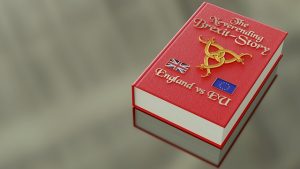 Brexit
Brexit
Brexit refers to the process by which the United Kingdom (UK) withdrew from the European Union (EU). The term “Brexit” is a combination of “British” and “exit.” The referendum on EU membership took place on June 23, 2016, and the majority of voters (51.9%) opted to leave the EU.
Following the referendum, the UK government triggered Article 50 of the Lisbon Treaty on March 29, 2017, initiating the formal withdrawal process. This triggered a period of negotiations between the UK and the EU to determine the terms of their future relationship. These negotiations addressed various aspects, such as trade, immigration, security, and regulations.
After several rounds of negotiations, an agreement called the Withdrawal Agreement was reached between the UK and the EU in November 2018. The UK Parliament initially rejected the agreement, leading to a period of political uncertainty. However, a revised version of the agreement was eventually approved by both the UK Parliament and the European Parliament.
UK Left EU
The UK officially left the EU on January 31, 2020, entering a transition period during which most EU rules and regulations continued to apply. The transition period ended on December 31, 2020. Since then, the UK has been implementing its own trade policies and regulations as an independent nation outside the EU.
Brexit has had significant implications for various aspects of UK-EU relations, including trade, travel, and immigration. The UK and the EU have been working to establish a new framework for their future relationship through a series of agreements and negotiations.
Has Brexit Worked
Assessing whether Brexit has “worked” or not is a complex and subjective question that depends on individual perspectives and specific criteria for evaluation. It is still relatively early to make definitive judgments about the long-term consequences of Brexit, as the process is ongoing and its effects will continue to unfold over time.
Proponents of Brexit argue that it allows the UK to regain control over its laws, borders, and trade policies, granting greater sovereignty and flexibility. They believe that it opens up new opportunities for global trade, allows for more tailored regulations, and enables the UK to pursue independent trade agreements with other nations. Supporters also emphasize the democratic significance of respecting the outcome of the referendum.
On the other hand, opponents of Brexit express concerns about potential negative consequences. They argue that leaving the EU could result in economic challenges, such as trade disruptions, increased bureaucracy, and reduced access to the EU single market. Some opponents are concerned about the impact on immigration, research collaboration, and the potential loss of influence on EU decision-making.
Since Brexit is a complex and multifaceted process, its outcomes vary across different sectors and areas. Some industries, like fishing, have experienced significant changes, while others, such as financial services, continue to navigate ongoing negotiations for regulatory equivalence. The full effects of Brexit will take time to manifest and may be influenced by future policy decisions, trade agreements, and global economic dynamics.
Public opinion in the UK remains divided, reflecting the complexity of the issue and the diversity of perspectives. It is important to consider that assessing the success or failure of Brexit will likely continue to be a topic of debate for years to come.
Outcomes To Date
Since Brexit is an ongoing process, it is important to note that the outcomes and impacts are still unfolding, and their full extent may not be completely understood for some time. However, I can mention some recognizable positive and negative outcomes that have been observed or reported thus far:
Positive Outcomes:
Sovereignty
Supporters of Brexit argue that leaving the EU allows the UK to regain sovereignty and have more control over its laws, regulations, and policies without being bound by EU directives.
Trade Opportunities
Brexit offers the opportunity for the UK to establish new trade agreements with countries outside the EU, potentially expanding its global trade relationships and pursuing tailored trade deals that align with its specific interests.
Budget Contributions
The UK is no longer required to make financial contributions to the EU budget, which some proponents of Brexit consider a positive outcome.
Negative Outcomes:
Economic Impact
Brexit has caused economic uncertainty and volatility, with potential negative consequences for businesses and the economy. Some sectors, such as manufacturing and financial services, have expressed concerns about disruptions to supply chains, increased trade barriers, and reduced access to the EU single market.
Trade Disruptions
The UK’s departure from the EU has resulted in changes to trade arrangements, including customs checks, regulatory barriers, and additional administrative burdens. These changes have the potential to create disruptions and increased costs for businesses engaged in trade with EU countries.
Reduced EU Membership Benefits
Being outside the EU means the UK no longer benefits from the existing trade agreements and access to the EU single market enjoyed by member states. The loss of these privileges can have implications for industries such as services, which previously benefited from the ease of doing business with other EU countries.
It is important to remember that the impact of Brexit varies across sectors and regions, and different stakeholders may experience these outcomes differently. Additionally, the long-term consequences of Brexit will depend on how the UK and the EU navigate their future relationship and the policy decisions made by both parties.
Northern Ireland Protocol
The customs arrangement between Great Britain (GB) and Northern Ireland, involves treating Northern Ireland as part of the customs territory of the European Union (EU). This arrangement, often referred to as the “customs line down the Irish Sea” or the “Northern Ireland Protocol,” was established as part of the Brexit negotiations to address the challenges of maintaining an open border on the island of Ireland while respecting the UK’s decision to leave the EU.
Under the Northern Ireland Protocol, Northern Ireland remains aligned with certain EU rules and regulations, particularly those related to customs and goods. This means that goods entering Northern Ireland from Great Britain are subject to checks and controls to ensure they meet EU standards. However, goods moving between Northern Ireland and the Republic of Ireland continue to flow freely, without the need for customs checks or infrastructure along the border.
The objective of this arrangement is to prevent the re-emergence of a hard border between Northern Ireland and the Republic of Ireland, as stipulated in the Good Friday Agreement, a peace agreement that helped bring an end to the Troubles in Northern Ireland. The Irish Sea border has been a contentious issue, with critics arguing that it has created new barriers and disrupted trade between Northern Ireland and Great Britain.
The UK and the EU have been working to address the concerns raised by various stakeholders, including businesses and political representatives in Northern Ireland. Negotiations and discussions have taken place to refine and adjust the implementation of the Northern Ireland Protocol to minimize disruption and find practical solutions that balance the commitments made under the Protocol with the realities of trade and governance in the region.
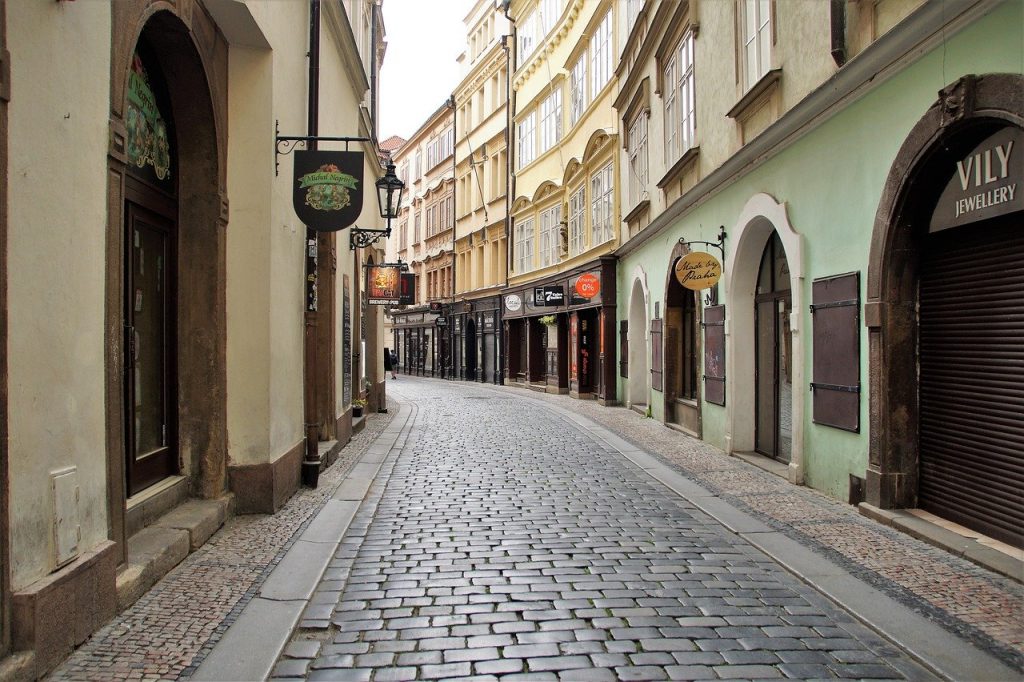

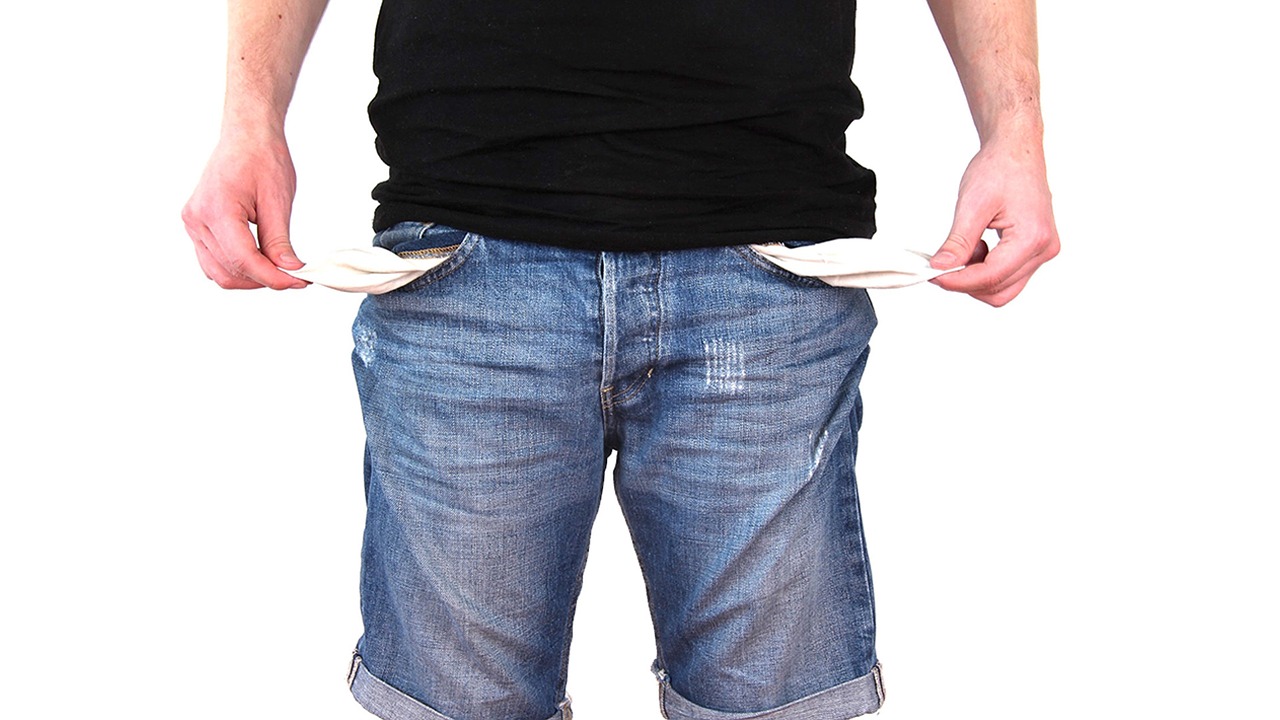 But I was also sad to see that a number of people said that they did not even know how they would put food on the table THIS week, never mind stocking up for the future. 🙁
But I was also sad to see that a number of people said that they did not even know how they would put food on the table THIS week, never mind stocking up for the future. 🙁 Squirrels hide nuts in Autumn, so they will have something to eat when they wake up (they do not hibernate fully, but wake and go back to sleep again). Get yourself a small box (free from the greengrocer) and put your tins or other non-perishable food in there and hide it away, under your bed, in the wardrobe, under a cupboard, wherever you won’t go straight to when making your ordinary meals. Forget about it, unless there is an emergency. Once Brexit is over, you can add the stuff to your normal store or keep it in case of another emergency in the future. Remember to check dates every so often!
Squirrels hide nuts in Autumn, so they will have something to eat when they wake up (they do not hibernate fully, but wake and go back to sleep again). Get yourself a small box (free from the greengrocer) and put your tins or other non-perishable food in there and hide it away, under your bed, in the wardrobe, under a cupboard, wherever you won’t go straight to when making your ordinary meals. Forget about it, unless there is an emergency. Once Brexit is over, you can add the stuff to your normal store or keep it in case of another emergency in the future. Remember to check dates every so often!
 This also applies to any small change you get from the shop. DO NOT throw small change away, store it in a jar. It mounts up. Even keep your small change in a separate pocket and just save what is left over at the end of the week, if you can’t save it each day. Your local small shop will be glad to get paid with change, it often costs them to get more change from the bank for use in their shop!
This also applies to any small change you get from the shop. DO NOT throw small change away, store it in a jar. It mounts up. Even keep your small change in a separate pocket and just save what is left over at the end of the week, if you can’t save it each day. Your local small shop will be glad to get paid with change, it often costs them to get more change from the bank for use in their shop! Unlawful
Unlawful NOT Birdwatching
NOT Birdwatching The Scottish Appeal Court has ruled that the Prime Minister, Boris Johnston’s decision to prorogue (suspend) Parliament for 5 weeks until 14 October 2019 was unlawful.
The Scottish Appeal Court has ruled that the Prime Minister, Boris Johnston’s decision to prorogue (suspend) Parliament for 5 weeks until 14 October 2019 was unlawful.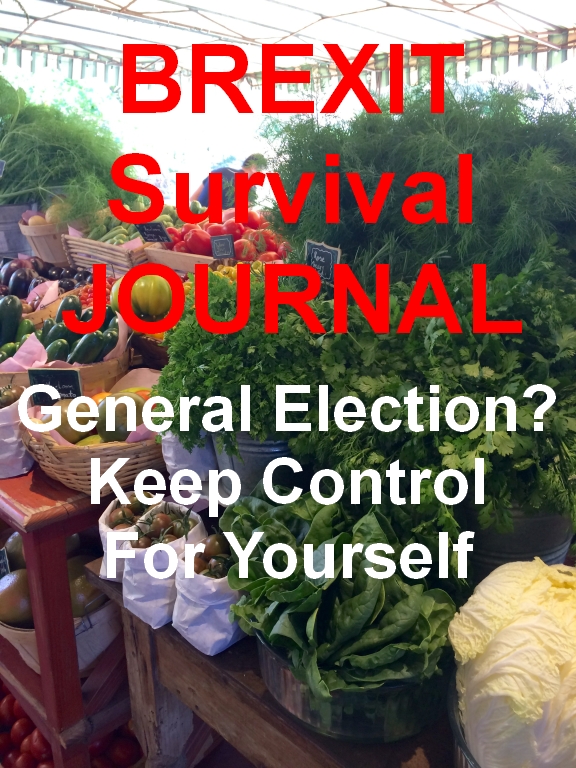 The UK Prime Minister, Boris Johnston, has said that he will call a General Election in the UK, if Parliament does not support him in his attempts to bring about Brexit by 31 October 2019.
The UK Prime Minister, Boris Johnston, has said that he will call a General Election in the UK, if Parliament does not support him in his attempts to bring about Brexit by 31 October 2019.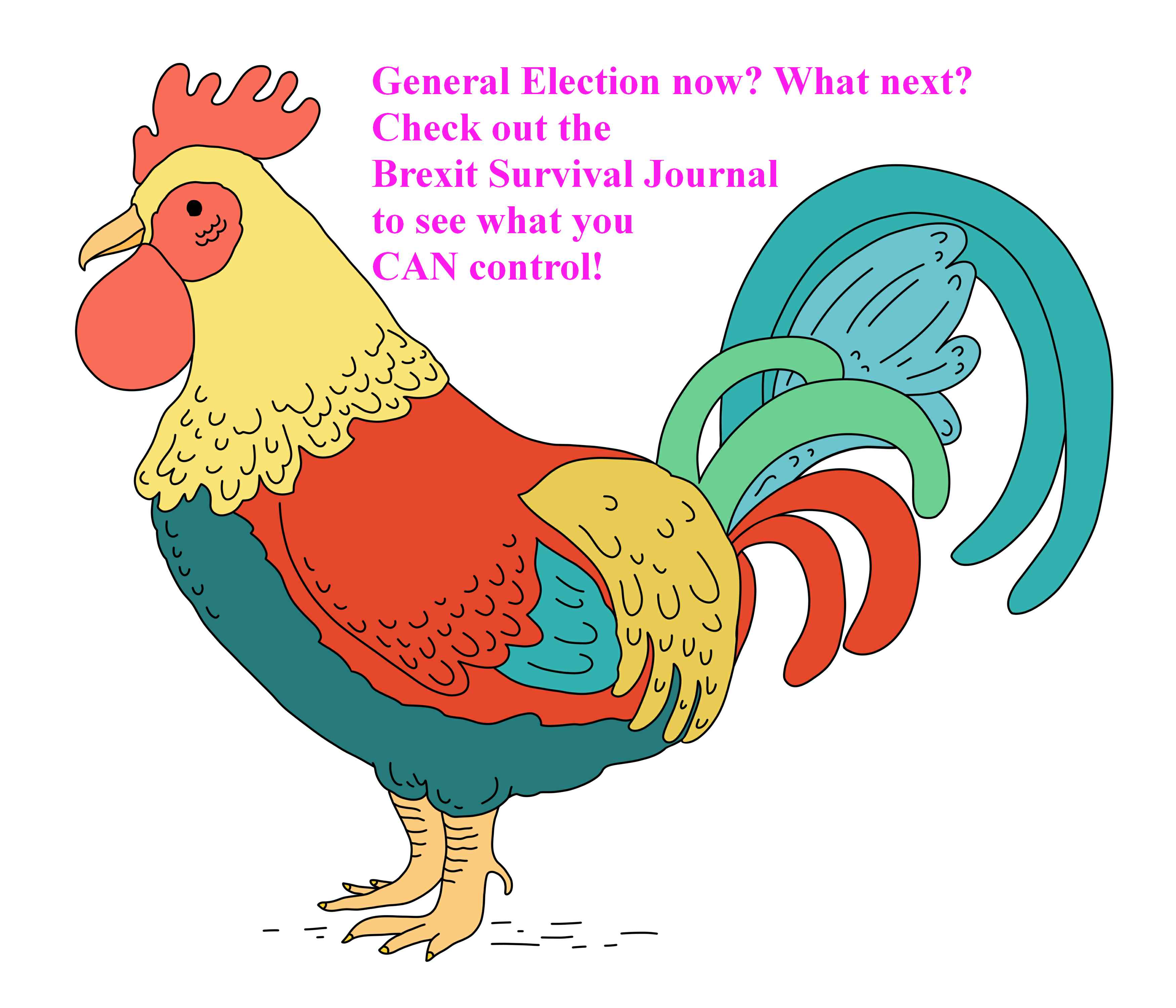 The Prime Minister has said that any members of the ruling party (Tories / Conservatives) voting against him in the House of Commons vote will not be allowed to stand as MPs if an election is called.
The Prime Minister has said that any members of the ruling party (Tories / Conservatives) voting against him in the House of Commons vote will not be allowed to stand as MPs if an election is called.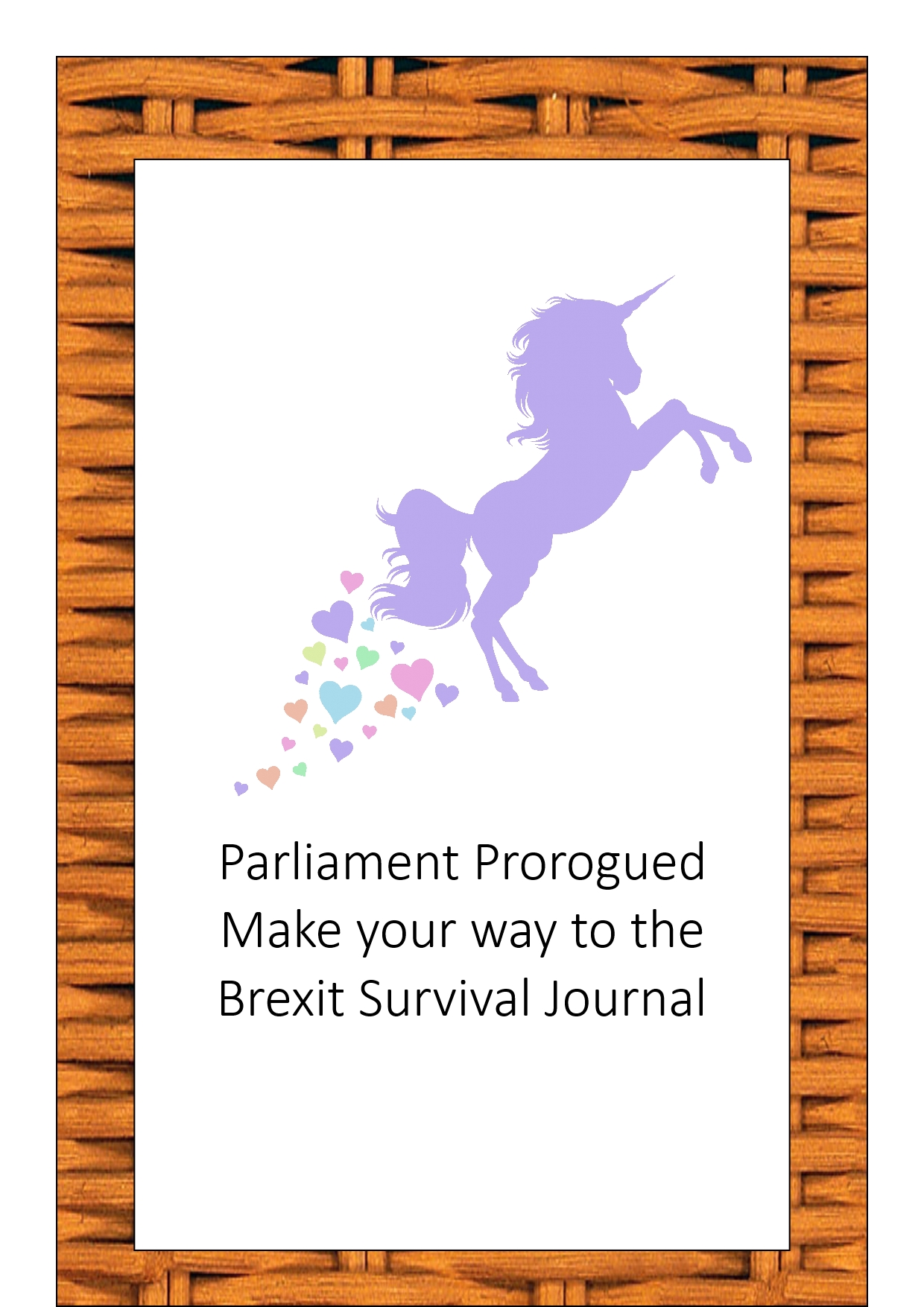
 The UK parliament is currently (24th August 2019) in recess (on its summer holiday). It next sits 3rd September 2019, when a great deal of political activity will start.
The UK parliament is currently (24th August 2019) in recess (on its summer holiday). It next sits 3rd September 2019, when a great deal of political activity will start.